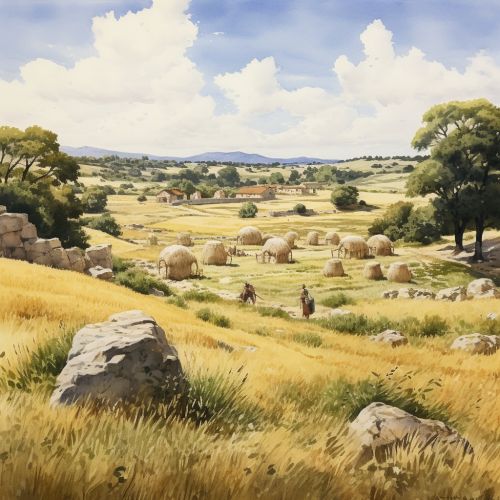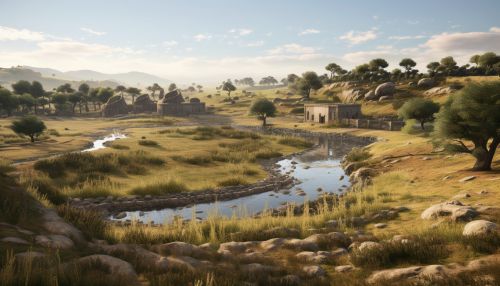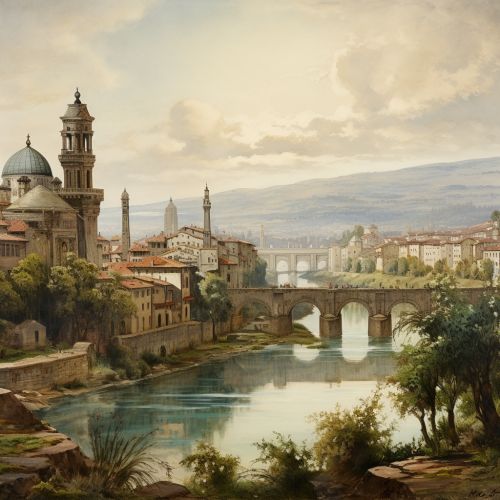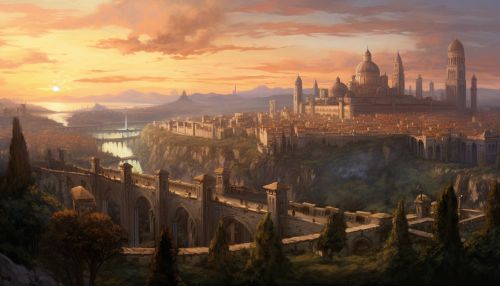History of Italy
Prehistoric Italy
The prehistoric period of Italy covers the time from the Upper Paleolithic, which dates back to around 40,000 years ago, to the start of the Historical Era, marked by the introduction of the Phoenicians and the Ancient Greeks in the 8th century BC. The earliest evidence of human habitation in Italy dates back to the Paleolithic period, with the discovery of artefacts and fossils that suggest the presence of Neanderthals and later, Homo sapiens.


Ancient Italy
The history of ancient Italy is characterized by the influence of several cultures and civilizations, including the Etruscans, the Greeks, and the Romans. The Etruscans, who inhabited the central regions of Italy, were known for their art, architecture, and complex religious rituals. The Greeks, on the other hand, established colonies in the southern part of Italy and Sicily, introducing their culture, language, and civilization to the region. The Romans, who originated from a small city-state in central Italy, eventually grew to establish one of the most extensive and influential empires in history, the Roman Empire.
Medieval Italy
Following the fall of the Western Roman Empire in the 5th century AD, Italy faced a period of social and economic decline. This period, known as the Middle Ages, was marked by the rise of small city-states, the spread of Christianity, and the invasion of various Germanic tribes such as the Ostrogoths and Lombards. The Middle Ages also saw the rise of the Papal States, a series of territories in central Italy ruled by the Pope.
Renaissance Italy
The Renaissance, a period of great cultural change and achievement, began in Italy during the 14th century and lasted until the 17th century. This period was characterized by a renewed interest in the culture of classical antiquity, the development of linear perspective in painting, and gradual but widespread educational reform. Cities such as Florence, Venice, and Rome were the main centers of the Italian Renaissance, producing renowned artists, scholars, and scientists such as Leonardo da Vinci, Michelangelo, and Galileo Galilei.


Modern Italy
The modern history of Italy began with the Risorgimento, the period of political and social events that led to the unification of Italy in the 19th century. The Kingdom of Italy was established in 1861, with Victor Emmanuel II as its first king. The 20th century saw Italy experiencing two World Wars, the rise and fall of Fascism under Benito Mussolini, and the establishment of the Italian Republic in 1946. Today, Italy is a democratic republic and a founding member of the European Union.
